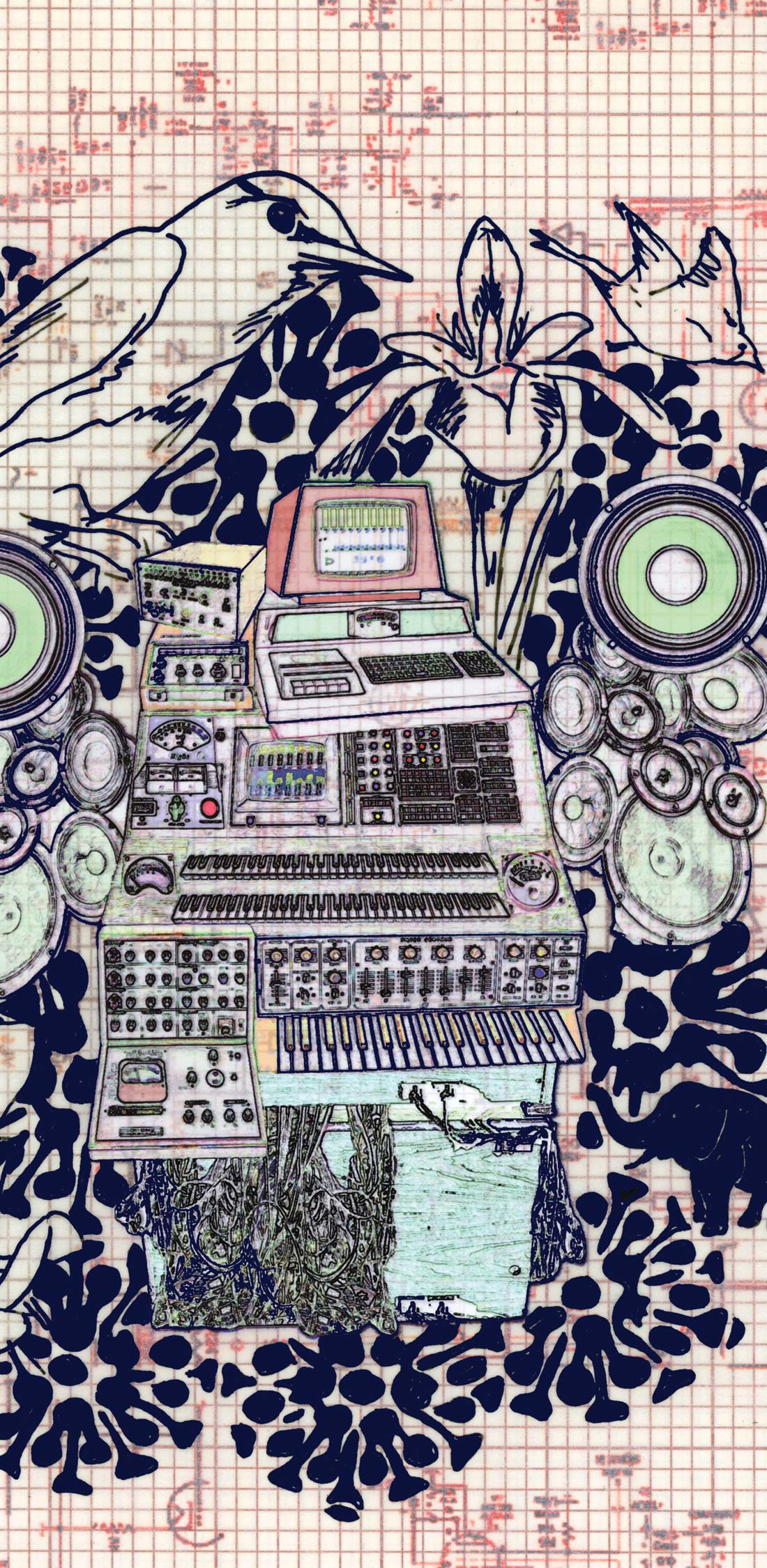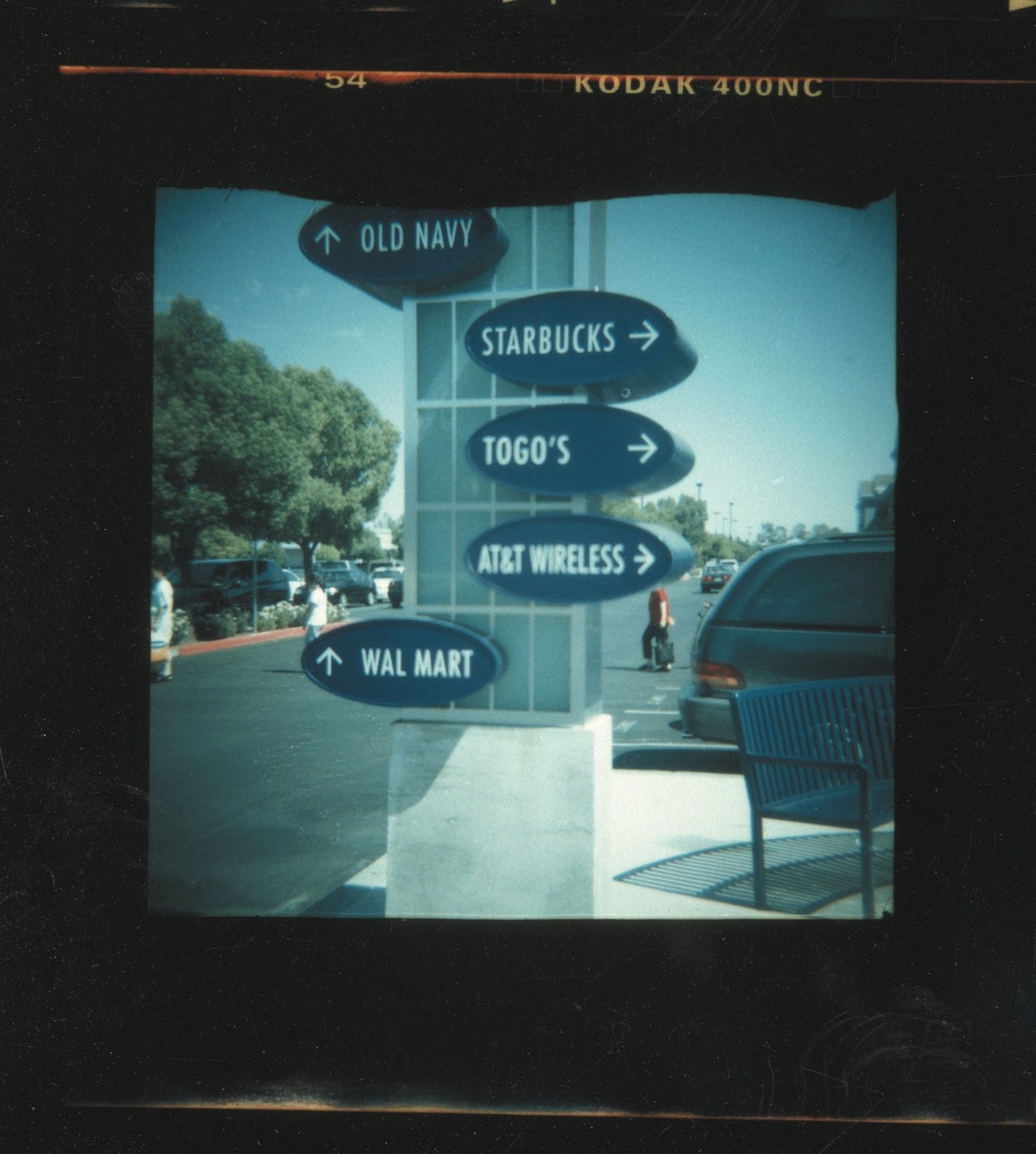I recently installed a Pro Tools HD system and Pro Tools 7 in my studio to replace the Digi002 we've been using for a few years. I'd be lying if I said this was an easy task, but I'd also be lying if I said it was any company's direct fault! The day began early. Kendra Wright, my studio manager, and I had earmarked this day for installing the new system, and of course it was the morning after I flew home from SXSW, where I'd maxed out my intake of Shiner Bock.
On the way to work I stopped by Store #1. This is a local place that carries sound and lighting equipment, and they've been nice enough to order cables and a custom mic splitter for me recently. They had just unlocked the doors and were a little slow getting rolling, but soon had me out the door with a pile of DB-25 to 1/4" cables which they'd ordered for me recently and had got in on time.
We have two Apogee Rosetta 800 A/D/A converters, one of which we'd been using as the Lighpipe input to the 002. I went and dropped in a new X-HD card from Apogee (which allows the Pro Tools HD cards to interface with the 800) into the old 800 but then discovered we needed a few of these short "Digilink" cables to attach gang the units together to receive and transmit Pro Tools information. Anyway, around 1 PM or so we'd accumulated a short list of items needed, such as this cable and some BNC cables for word clock.
We dropped in at Store #2, one of the few Digidesign dealers in the Portland area and also home to a mastering room and replication company. Even though over the phone they didn't think they had any short Digilink cables, they quickly dug one up along with some BNC cables and some other supplies we needed. They basically saved the day at this point, as without the Digilink we couldn't hook up more than one Rosetta 800!
I returned and started assembling the HD rig. Eventually it became apparent that the newer Rosetta 800 we had (which had come with an X-HD card installed) was working fine, but that the old 800 was not being recognized by Pro Tools. I read the manual again and decided maybe the card needed upgraded firmware (it's EPROM). Finding that the card needed to be programmed via USB-MIDI interface and a downloadable program and its data, I quickly realized that I had no MIDI interfaces anymore. Well, I did on the 002, but guess what — that's a FireWire unit! So I ran back to Store #2 (Store #1 is closer but doesn't carry this sort of stuff) and picked up a low price M-Audio Midisport 1x1. After dinner we tried it out and it worked. Cool. But Pro Tools still wouldn't recognize the Rosetta 800. I even went and pulled the X-HD interface card out of the working unit, installed it in the trouble unit and tested it, but to no avail. I called Apogee and they were happy to have me ship the old 800 back and figure out what was wrong with it. They were really knowledgeable about the unit and the interfacing on the phone, and treated me like I knew what I was doing and had explored all the options on my end. But damn, now I was back to eight channels of I/O. How was I gonna mix the session coming in the next day?
I woke up early and came up with a plan of action. I knew that Apogee was short on Rosetta 800 units, as they actually owed me one that they were shipping in a few weeks. I assumed that it would be much easier to find a Digidesign HD interface in town for sale somewhere — and figured the 192 I/O would be best, as it had many options built in. It lists for $3995. I called store #3. Store #3, a national chain that carries musical equipment and has a pro audio section, is a bit of a drive to get to. I swore never to go back there after a few visits where the help was less than helpful, let alone knowledgeable. I called and asked for the pro audio department, got a guy on the line that said they had two in stock. "What's the price?" I asked. "$3995" was the answer. When I countered that this was the list price and that nobody paid full list for this unit, his answer was that Digidesign didn't allow them any leeway in price. I laughed. He said he'd talk to his manager and see what he could do. I went online and looked for prices, finding $3183 at a well-known online audio supplier. Then I called Store #2. They said they had no new units for sale, but could get me one in a few days. I lamented that I had a session coming in and couldn't wait. They looked at the calendar and decided it would be safe to loan me a 192 I/O they had in their in-house studio until the ordered unit showed up. Meanwhile, Store #3 called and left a message that I could get a "special discount" if I came in right now — they could sell me a 192 I/O for $3150. I was already indebted to Store #2 for offering to loan me a unit so I ran over and picked up the loaner unit that morning, mixed the album and taught a workshop with it, returning it on Monday. My cost? $3200 plus $20 for rush shipping.
So theoretically, I spent $70 more at Store #2. But remember, they found me a cable before when I was in a pinch, and had loaned me a unit for four days at no charge. Which stores are gonna back me up in the future and help me keep the gear running and the doors open? I think it's an easy guess.


